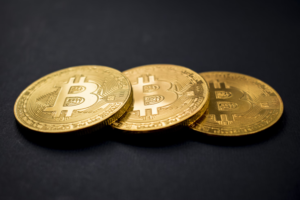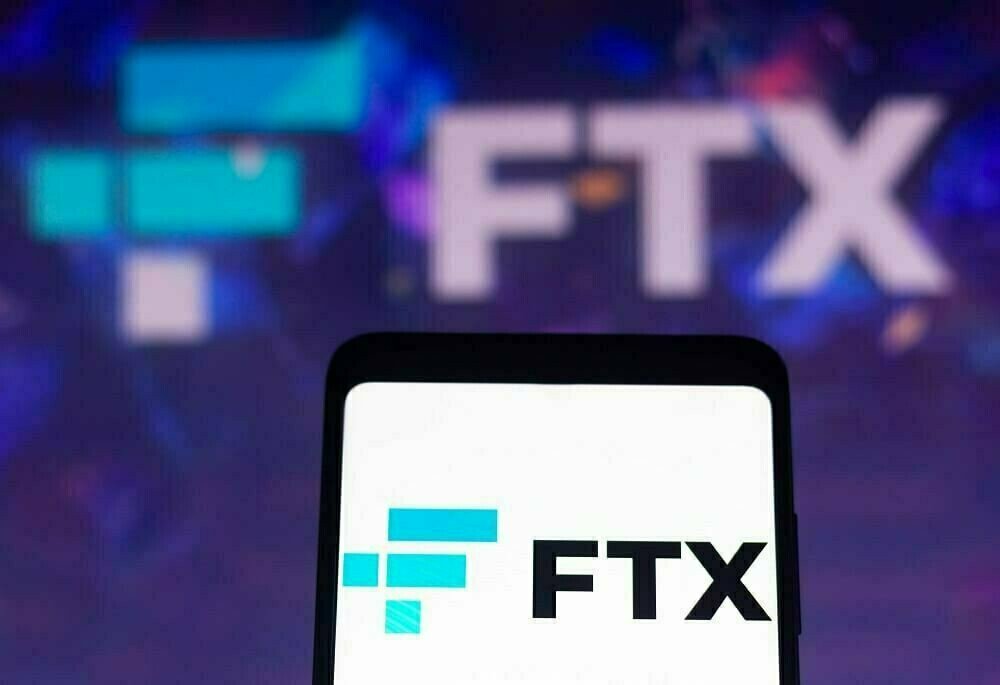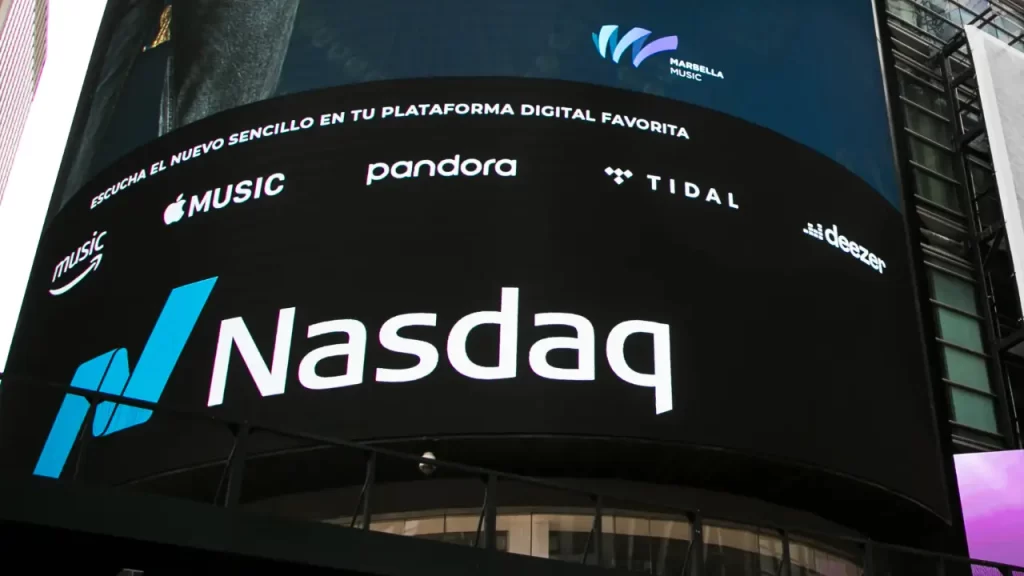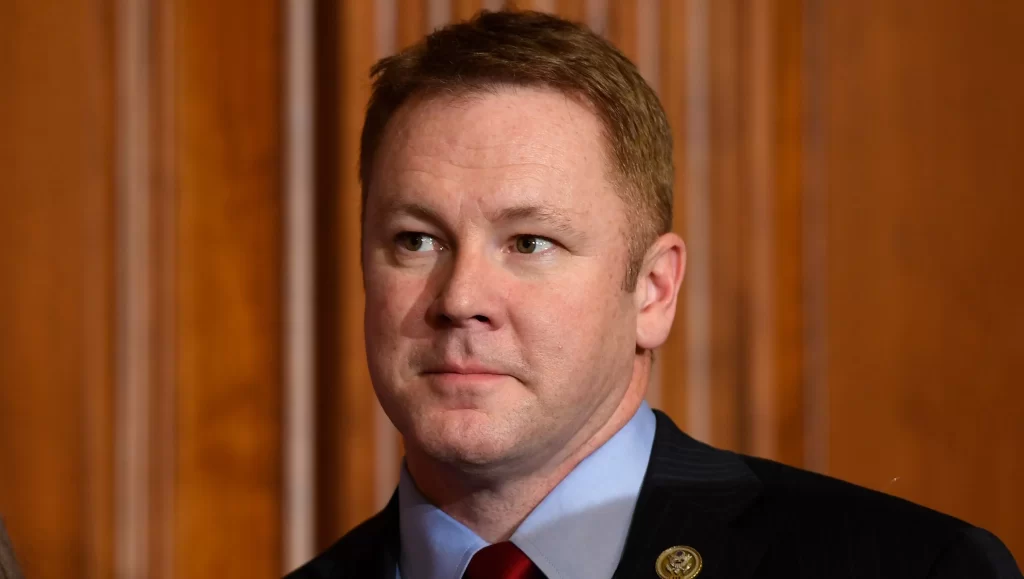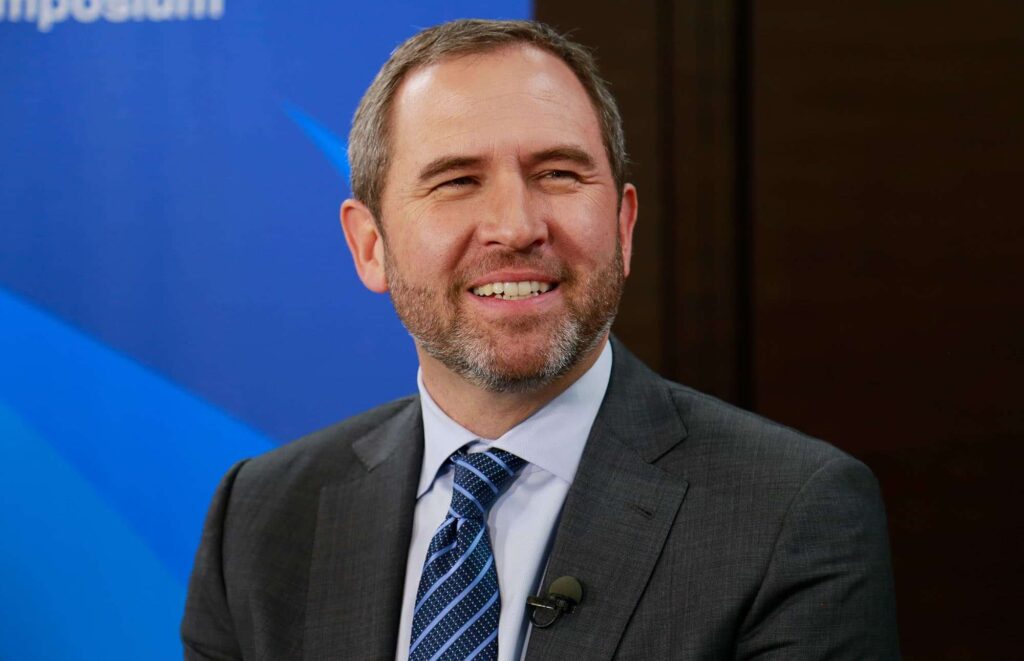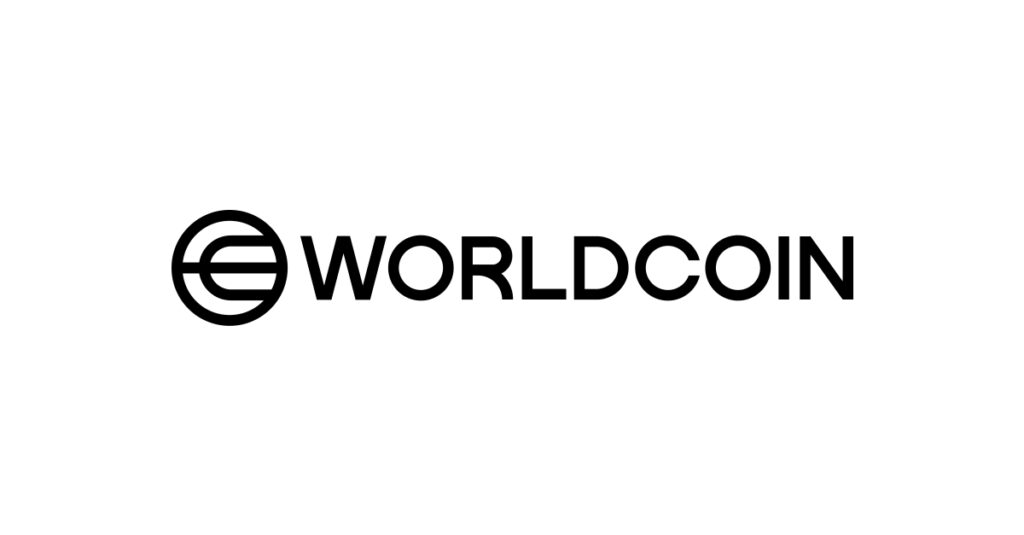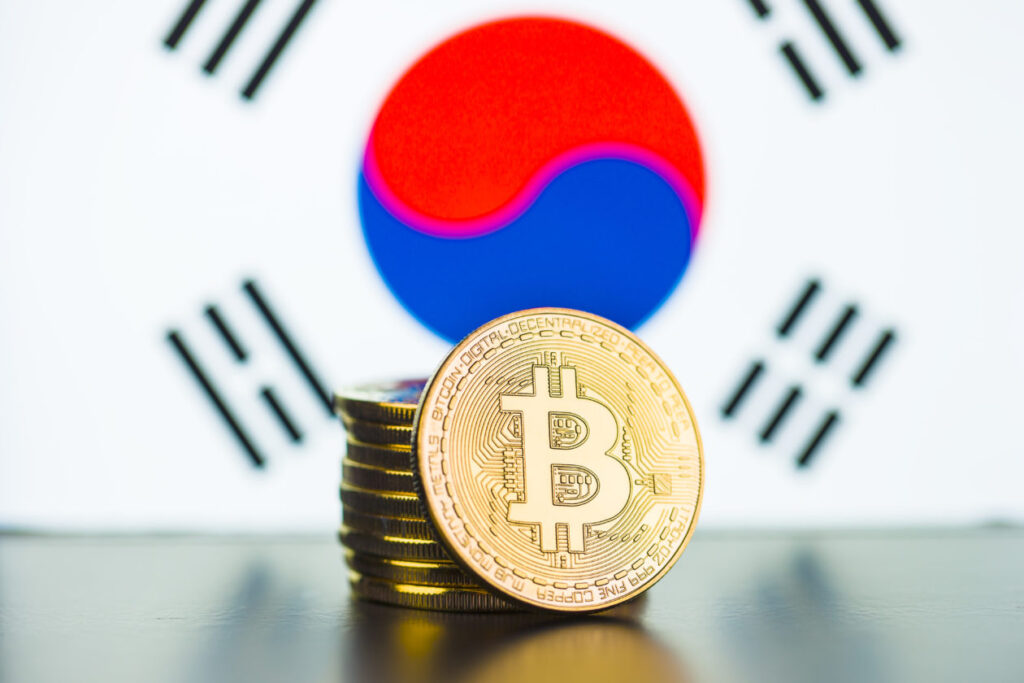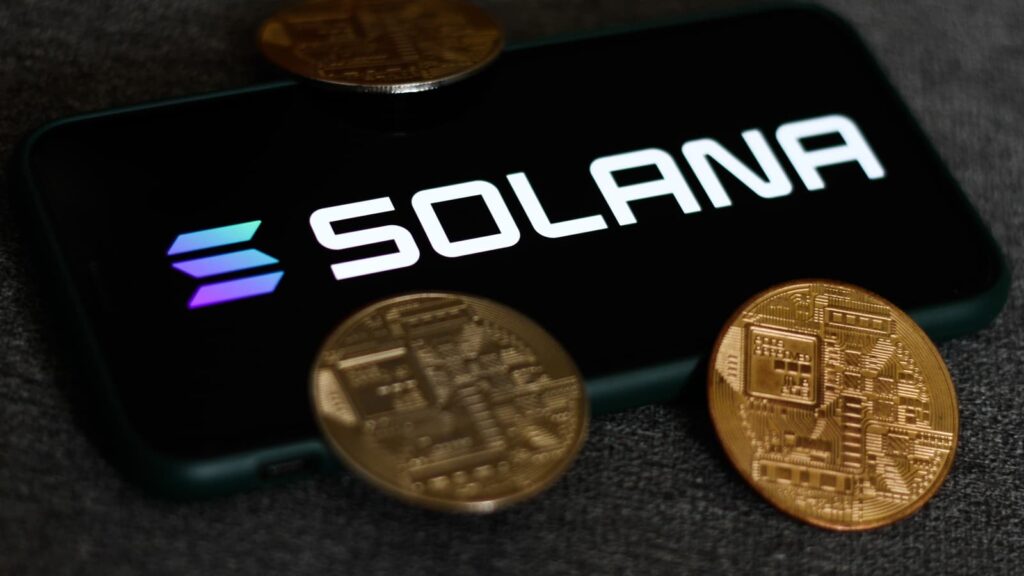FTX, a bankrupt crypto exchange, and Genesis, a crypto lender, have taken a significant step towards resolving their claims in the ongoing bankruptcy case.
On July 27, both companies’ legal counsels communicated that they had reached an agreement in principle to settle the dispute, as reported to bankruptcy Judge Sean Lane.
The details of the settlement were not disclosed in the letter, but it aims to address the claims brought by FTX against Genesis debtors and vice versa.
Additionally, the agreement would withdraw any pending motions related to these claims. Both parties intend to promptly document the settlement and seek court approval.
In order to finalize the terms of the agreement, FTX and Genesis have requested the court to adjourn upcoming deadlines for current motions and due briefs.
Previously, FTX had claimed that Genesis owed them as much as $4 billion, but this amount was later reduced to $2 billion in a letter addressed to Judge Lane.
Genesis had filed for Chapter 11 bankruptcy protection in a New York bankruptcy court back in January, following the collapse of crypto hedge fund Three Arrows Capital.
READ MORE: 3 Best Crypto Projects That Will Boom In 2023 & During The Next Bull Run
Court filings reveal that Genesis is the largest unsecured creditor of FTX and its affiliates, with an outstanding amount of $226 million.
During the course of the bankruptcy proceedings, FTX debtors had objected to Genesis’ estimation that it was entitled to claims totaling zero.
However, it seems that these objections and disputes have now been resolved with the latest development of the agreement in principle.
Both FTX and Genesis have been operating under court supervision while trying to collect funds for their respective creditors.
The proposed settlement could be a significant step towards resolving their financial woes and settling the bankruptcy case between the two parties.
However, the actual details of the settlement and its implications remain to be seen until the documentation is finalized and court approval is obtained.
Other Stories:
Tennessee Realtor Couple Charged in $6M ‘Blessings of God Thru Crypto’ Investment Fraud
Ripple’s Chief Legal Officer Dismisses Concerns of SEC Appeal, Predicts Further Victory
KuCoin Denies Layoff Rumors Amidst Crypto Industry Stabilization
Ripple’s Chief Legal Officer, Stuart Alderoty, dismissed concerns about a potential appeal by the United States Securities and Exchange Commission (SEC) following the landmark ruling on Ripple earlier this month.
He believes that if the case goes to appeal, the court might further consolidate Ripple Labs’ partial victory over the financial regulator.
Alderoty reiterated his position that the XRP token does not qualify as an investment contract and that Ripple is ready to face any appeal brought by the SEC.
He expressed confidence in the judge’s ruling, stating that it was a faithful application of the law and that a court of appeals might even amplify it further.
The ruling on July 13 by Judge Analisa Torres concluded that XRP was not a security when sold to the public on cryptocurrency exchanges but could be considered a security when sold to institutional investors.
However, the SEC, in its ongoing case against Terraform Labs founder Do Kwon, expressed its dissatisfaction with the ruling and hinted at appealing the split-decision ruling in the future.
SEC lawyers asserted that retail sales of XRP should have been deemed securities and stated their intention to recommend further review.
SEC Chair Gary Gensler also expressed disappointment over the court’s decision on XRP, indicating that the regulator would continue to assess the ruling.
Despite the positive outcome for Ripple, Alderoty warned that the crypto sector still lacks a solid regulatory foundation.
READ MORE: Best Crypto Projects to Invest in For The Next Bull Run
He criticized the SEC’s “regulation by enforcement” approach, which he believes has caused crypto laws in the U.S. to lag behind other jurisdictions.
Alderoty predicted that if the SEC continues to claim that crypto assets are securities, it will likely lose ongoing cases where such claims are made.
However, he stressed the need for a rational, comprehensive, and understandable regulatory framework for crypto in the U.S. to bring it up to par with the rest of the world.
At present, XRP is trading at around $0.70, showing a significant increase of nearly 43% in the last month, according to Cointelegraph data.
Despite the recent legal victory, Ripple’s legal battle with the SEC underscores the importance of establishing clear regulations for cryptocurrencies in the United States.
Other Stories:
Worldcoin Sparks Controversy As It Launches Ecosystem Token
Former FTX CEO Accepts Gag Order Amidst Trial
Ripple CEO Brad Garlinghouse Criticizes SEC’s ‘Regulation by Enforcement’
Ant Group, backed by billionaire Jack Ma, is reportedly planning a strategic restructuring to streamline its Chinese financial business in preparation for a potential initial public offering (IPO) in Hong Kong.
According to anonymous sources cited by Bloomberg, the company intends to divest non-core operations, including blockchain and database management, from its main entity.
Once this restructuring is completed, Ant Group will apply for a financial holding license in China.
The move comes after the Chinese government intervened in Ant Group’s ambitious IPO plans in 2020, which sought to raise $30 billion and achieve a valuation of $226 billion.
At that time, the IPO was set to be the largest in history, surpassing records set by previous offerings like the Saudi Aramco IPO, which raised $29.4 billion.
With the restructuring and financial license application, Ant Group aims to navigate potential regulatory hurdles and pursue a Hong Kong IPO, rather than the previously intended dual listing in Shanghai and Hong Kong.
However, it’s worth noting that the plans are not yet finalized and could be subject to changes, as stated in the report by Bloomberg.
In a separate development, Japanese blockchain firm Earlyworks has announced the pricing for its IPO on the Nasdaq Capital Market.
Earlyworks focuses on grid ledger systems (GLS) and plans to offer 1.2 million American Depository Shares at $5 each.
The funds raised from the offering will be allocated to research and development for GLS and its System Development Kit (SDK).
Additionally, Earlyworks aims to onboard new talent, strengthen internal governance systems, and invest in other blockchain businesses.
The company’s GLS is a hybrid blockchain that integrates database technology for high-speed processing, with the goal of providing a general-purpose SDK for engineers and leveraging the technology in various industries.
READ MORE: Worldcoin Sparks Controversy As It Launches Ecosystem Token
Furthermore, other blockchain-related companies are also exploring IPO opportunities.
Chia Network, a layer-1 blockchain provider, has filed a proposal for an IPO with the United States Securities and Exchange Commission (SEC).
The offering’s price range has not yet been determined, but the IPO is expected to proceed once the SEC completes its review process.
Similarly, Bitcoin Depot, a major crypto ATM provider in the United States, recently announced its intention to go public on Nasdaq through a merger with fintech firm GSR II Meteora.
Upon its debut on the charts, the company’s stocks experienced an impressive rise of nearly 12%.
As the landscape of blockchain and cryptocurrency continues to evolve, companies in the sector are exploring various avenues to raise capital and expand their operations, with IPOs representing a significant option for growth and investment.
Other Stories:
Crypto Lending Firm Faces Service Disruption as Assets Seized by Regulator
Former FTX CEO Accepts Gag Order Amidst Trial
Ripple CEO Brad Garlinghouse Criticizes SEC’s ‘Regulation by Enforcement’
In a significant ruling on July 25, Judge Philip Jeyaretnam of the High Court of Singapore declared that cryptocurrency is a form of property that can be held in trust.
The judge emphasized that there is no essential difference between cryptocurrencies, fiat money, or even physical objects like shells, as long as they derive their value from the mutual faith vested in them.
The ruling came in response to a case brought by Bybit against its former employee, Ho Kai Xin. Bybit alleged that the employee had transferred approximately 4.2 million Tether (USDT) tokens, valued at $1.00 each, from the crypto exchange to her private accounts.
Following the court’s verdict, Ho has been ordered to return the money to Bybit, although she had claimed that a non-present cousin was in control of the relevant accounts.
While the ruling may seem straightforward, it carries essential implications for the legal status of digital assets. Jeyaretnam categorizes the stolen USDT, along with cryptocurrencies in general, as property, despite their lack of physical existence.
He likened these digital tokens to naming a river, despite the water it contains constantly changing.
This stance counters the common skepticism that cryptocurrencies lack “real” value, as the judge asserts that value is determined by collective human perception.
READ MORE: Worldcoin Sparks Controversy As It Launches Ecosystem Token
Furthermore, Jeyaretnam classifies cryptocurrencies as “things in action” under British common law, implying that they are subject to personal rights enforceable through legal action, rather than physical possession.
The judge’s decision refers to the consultation paper issued by the Monetary Authority of Singapore (MAS), which proposes segregation and custody requirements for digital payment tokens.
By stating that if such assets can be identified and segregated in practice, they can be legally held in trust, the judge strengthens the legal framework for cryptocurrencies in Singapore.
Moreover, the ruling cites Order 22 of Singapore’s Rules of Court 2021, which defines “movable property” to include various forms such as cash, debt, deposits of money, bonds, shares, securities, and cryptocurrencies or digital currencies.
This judgment echoes a similar landmark ruling made by the High Court of Justice in London in May 2022, where nonfungible tokens (NFTs) were recognized as “private property.”
Such decisions set essential precedents for individuals investing in NFTs, as they provide greater assurance that their property rights will be protected by the courts.
Overall, Judge Jeyaretnam’s ruling in favor of considering cryptocurrencies as property capable of being held in trust represents a significant step forward in defining the legal status of digital assets and may have implications for future cases and regulations in the evolving landscape of cryptocurrency.
Other Stories;
Ripple CEO Brad Garlinghouse Criticizes SEC’s ‘Regulation by Enforcement’
Former FTX CEO Accepts Gag Order Amidst Trial
Crypto Lending Firm Faces Service Disruption as Assets Seized by Regulator
In a remarkable turn of events, a dormant Bitcoin (BTC) wallet that had remained untouched for 11 years has suddenly come to life, transferring its entire stash of over 1,037 Bitcoin. At current market prices, this amounts to a staggering $31 million worth of BTC.
The transfer occurred at a Bitcoin price of $29,956 and took place at block height 799701, around 10:51 am UTC on July 22, as reported by BitInfoCharts. According to on-chain analytics platform Lookonchain, this long-dormant address had acquired the 1,037 BTC back on April 11, 2012, when the price of Bitcoin was just $4.92, valuing the stash at a modest $5,108 at the time.
The recipient of this massive transfer appears to be a fresh wallet address identified as “bc1qt180…,” which now holds the considerable sum of $31 million in BTC, according to data from blockchain aggregator Blockchair.
Notably, the original Bitcoin wallet that initiated the transfer had previously peaked in value at $71.6 million when Bitcoin reached its all-time high price of $69,044 on November 10, as per cryptocurrency price platform CoinGecko.
Interestingly, the United States government has also been involved in significant BTC transactions. Just ten days before this particular transfer, the U.S. government transferred nearly 10,000 BTC, equivalent to $299 million, in relation to the Silk Road seizure.
However, it remains unclear whether these funds were sent to cryptocurrency exchanges or remain under the custody of the Justice Department.
READ MORE: Report Reveals Alarming Surge in Cryptocurrency Use by ISIS Terrorists
This event adds to a list of other enigmatic wallet movements that have taken place recently. On June 11, a mysterious Bitcoin whale moved 1,400 BTC worth $36 million at the time, opting for a Pay-to-Taproot address, potentially to enhance privacy, according to CryptoQuant CEO Ki Young Ju.
In April, another intriguing Bitcoin address transferred 2,071 BTC, valued at $60 million, almost a decade after acquiring them at a price of $663, again reported by Lookonchain.
Despite these high-value transfers, an impressive 55% of BTC has not moved in over two years, as shown in a chart by on-chain analytics firm Glassnode, which was shared by cryptocurrency researcher Will Clemente.
As of now, BTC is priced at $30,082. Although the cryptocurrency has seen an 81.8% increase in 2023, it still remains 56.4% below its all-time high reached in November 2021, according to CoinGecko.
The market continues to be full of surprises as dormant wallets awake, governments engage in crypto movements, and investor behavior keeps evolving.
Other Stories:
2023 Ranking: 4 Best Crypto Projects To Buy
Terraform Labs Faces Uphill Battle Amidst Allegations, New CEO Discusses Road Ahead
Controversial Proposal Sparks Fierce Debate Among Members of Solana-Based Liquidity Network
United States Republican Representative Warren Davidson recently expressed strong opposition to the concept of central bank digital currencies (CBDCs), urging Congress to ban their development and criminalize any related efforts.
In a tweet on July 23, Congressman Davidson accused the Federal Reserve of constructing what he likened to the ominous “Death Star” from the Star Wars saga.
He asserted that CBDCs have the potential to corrupt money, transforming it into a tool of coercion and control.
To counter this perceived threat, Davidson emphasized the need for swift legislative action to outlaw the design, development, testing, and establishment of CBDCs.
Davidson’s concerns were prompted by a job posting from San Francisco’s Federal Reserve Bank for a “senior crypto architect” to work on a CBDC project.
Responding to a Twitter user’s comment, the congressman argued that money should serve as a stable store of value and should not be programmable under the control of a central authority.
Instead, he emphasized that sound money should facilitate peer-to-peer transactions without requiring permission from intermediaries.
The Federal Reserve has been actively exploring the technology behind CBDCs, considering the possibility of issuing a digital version of the U.S. dollar.
READ MORE: Controversial Proposal Sparks Fierce Debate Among Members of Solana-Based Liquidity Network
However, no concrete decisions have been made on this front. The prospect of a digital dollar has sparked controversy and is expected to be a prominent topic in the upcoming presidential election.
Representative Davidson is not alone in his apprehensions regarding a Fed-controlled digital dollar. U.S. presidential candidate and Florida Governor Ron DeSantis pledged to block any central bank digital currency if elected.
Governor DeSantis had previously signed a bill in May that restricted the use of CBDCs in Florida.
Another Republican, Tom Emmer, has also been vocal about the potential risks of state-controlled digital money.
He expressed concerns in March that a programmable CBDC could be easily exploited as a tool for surveillance and to suppress activities deemed politically unfavorable.
To address this, Emmer introduced the CBDC Anti-Surveillance State Act in February, aimed at preventing unelected bureaucrats in Washington, DC from encroaching on Americans’ financial privacy.
This bill received the endorsement of Texas Senator Ted Cruz, who introduced his own legislation to block CBDCs in March.
As the debate over CBDCs continues, it remains a contentious issue in U.S. politics, with differing viewpoints from lawmakers and potential implications for the country’s financial landscape.
Other Stories:
Terraform Labs Faces Uphill Battle Amidst Allegations, New CEO Discusses Road Ahead
2023 Ranking: 4 Best Crypto Projects To Buy
Report Reveals Alarming Surge in Cryptocurrency Use by ISIS Terrorists
Ripple CEO, Brad Garlinghouse, has openly criticized the US Securities and Exchange Commission (SEC) following recent comments from the regulator, which suggest a possible appeal in their ongoing case against Ripple Labs.
Garlinghouse reproached the SEC for their “regulation by enforcement” policy on July 23, claiming it serves only to harm retail investors.
Garlinghouse accused the SEC of creating unnecessary chaos, dubbing it the “crypto cop” without any legal authority.
He stressed that this approach had resulted in retail investors being left in bankruptcy court, while the SEC conducted press briefings.
This backlash was in response to the SEC’s recent comments on Ripple, where it indicated a possible appeal against the mixed-decision ruling that went against Ripple Labs.
The regulator, through its ongoing case against Terraform Labs founder Do Kwon, voiced concerns about the decision that retail sales of Ripple’s XRP tokens on exchanges didn’t meet the legal definition of a security.
SEC lawyers argued that this ruling was erroneous and that sales of XRP should have been classified as securities.
READ MORE: 2023 Ranking: 4 Best Crypto Projects To Buy
They confirmed that SEC staff is contemplating various methods for further review and plans to recommend that the SEC seek such a review.
Garlinghouse found these claims “absurd,” stating that blaming a judge for simply applying the law was unjust.
He highlighted the need for legislation, rather than more regulation by enforcement, to establish clear rules and protect retail investors.
Ripple Labs’ Chief Legal Officer, Stuart Alderoty, also voiced his opinion, stating that explaining XRP isn’t a security is akin to convincing a flat-earther the world is round.
On July 17, SEC Chair Gary Gensler expressed disappointment over the court’s decision regarding the securities status of XRP, indicating that the regulator would continue to examine this judgement.
Despite these ongoing issues, Ripple Labs’ XRP token is currently trading at $0.73, reflecting a nearly 50% increase in value over the past month, according to data from TradingView.
Other Stories:
Report Reveals Alarming Surge in Cryptocurrency Use by ISIS Terrorists
Controversial Proposal Sparks Fierce Debate Among Members of Solana-Based Liquidity Network
Terraform Labs Faces Uphill Battle Amidst Allegations, New CEO Discusses Road Ahead
Worldcoin, an ambitious project co-founded by Sam Altman, the CEO of OpenAI, made headlines on July 24 with the launch of its ecosystem token.
Since its inception on March 14, the project has sparked both admiration and skepticism across the cryptocurrency community and Silicon Valley.
At the heart of Worldcoin’s vision lies the goal of addressing income inequality and revolutionizing online identity authentication.
To achieve this, the project introduced the World ID, a global digital passport designed to be stored on users’ smartphones.
By utilizing the World ID, individuals can prove their humanity to websites without divulging personal information like phone numbers, thus reducing the reliance on traditional identification methods.
On May 8, Worldcoin furthered its mission by releasing a gas-free crypto wallet, accessible to verified human users.
Registering for a World ID, users can take advantage of gas-free transfers, requiring only a phone number or an iris scan for authentication.
To alleviate privacy concerns, the developers asserted that the project doesn’t store the provided user data but rather generates a zero-knowledge proof to verify their humanity without exposing sensitive information.
In response to its launch, several prominent crypto exchanges, including Binance, Bybit, OKX, Gate, and Huobi, announced plans to list Worldcoin’s token on their platforms, signifying the project’s growing acceptance within the industry.
However, not all is smooth sailing for Worldcoin, as the project encountered a setback when blockchain security firm PeckShield discovered a fake Worldcoin token that performed a rug pull, highlighting the challenges of the crypto landscape.
READ MORE: Terraform Labs Faces Uphill Battle Amidst Allegations, New CEO Discusses Road Ahead
Despite the support received from many quarters, Worldcoin has faced opposition from some community members, notably former Twitter CEO and Bitcoin advocate Jack Dorsey.
Dorsey expressed concerns about the idea of corporations or states having ownership over the global financial system.
Nevertheless, the project has seen impressive interest, as evidenced by over 2 million sign-ups to its World ID initiative on July 14.
Sam Altman himself expressed optimism, tweeting about his aspirations to expand the sign-up numbers to a staggering 2 billion.
To bolster its decentralized identification system and the World App crypto wallet, Worldcoin successfully secured $115 million in funding on May 25.
Leveraging advancements in artificial intelligence, the project pitches a decentralized and privacy-preserving solution to empower individuals with control over their online identities and enhance cybersecurity.
As Worldcoin continues to forge ahead, it remains a polarizing force in the crypto space, with both supporters and critics keeping a keen eye on its progress toward tackling income inequality and shaping the future of digital identity authentication.
Other Stories:
Report Reveals Alarming Surge in Cryptocurrency Use by ISIS Terrorists
2023 Ranking: 4 Best Crypto Projects To Buy
Controversial Proposal Sparks Fierce Debate Among Members of Solana-Based Liquidity Network
South Korean cryptocurrency lending firm Delio is facing uncertainty in its ability to provide regular services to clients due to its assets being seized by a local financial regulator.
In a blog post on July 22, Delio revealed that an ongoing legal battle with depositors and a search and seizure operation on July 18 by the South Korean Financial Services Commission resulted in the confiscation of all assets belonging to customers and the company, including cold wallets and ledgers.
As a consequence of these actions, Delio has found it challenging to maintain normal operations and expressed the need to safeguard the interests of depositors and prevent the scattering of its property.
Consequently, the company has suspended interest payments for deposit and vault users since July 24.
Moreover, services that incur additional expenses, such as interest payments and operational costs, have also been suspended.
The troubles for Delio began when it suddenly suspended withdrawals and deposits on June 14. The decision was taken to safeguard customers’ assets amidst market volatility caused by the halting of transactions at Haru Invest, its sister lending company.
Haru Invest itself had suspended withdrawals on June 13 after discovering false information provided by its consignment operator B&S Holdings. Subsequently, it initiated legal proceedings against B&S Holdings.
READ MORE: Controversial Proposal Sparks Fierce Debate Among Members of Solana-Based Liquidity Network
Although Delio CEO Jung Sang-ho announced that withdrawals would resume, a specific timeline for restoring full functionality to the platform was not provided.
While withdrawals for some staking services were reopened on June 27, the South Korean Financial Services Commission continued its investigation and filed a lawsuit against Delio on June 30.
The lawsuit alleges fraud, embezzlement, and breach of trust in relation to the unilateral decision to suspend user deposits and withdrawals on June 14.
Additionally, Delio’s CEO Jeong Sang-ho and others were banned from leaving the country as part of the legal actions.
Delio, established in 2018, is a prominent crypto lending platform in South Korea, offering a wide range of custody, lending, and staking services.
According to the company’s website, it holds approximately $1 billion in Bitcoin, $200 million in Ether, and roughly $8.1 billion in altcoins.
When contacted for comment, Delio did not provide an immediate response.
The situation remains uncertain for the firm as it faces legal challenges and asset seizures, raising concerns over its ability to continue offering regular services to its clients.
Other Stories:
2023 Ranking: 4 Best Crypto Projects To Buy
Report Reveals Alarming Surge in Cryptocurrency Use by ISIS Terrorists
Terraform Labs Faces Uphill Battle Amidst Allegations, New CEO Discusses Road Ahead
A contentious proposal put forward by the team behind Parrot Protocol, a prominent Solana-based liquidity network, has ignited a heated debate among its community members.
Scheduled for voting until July 27, the proposal calls for the redemption of PRT tokens at a fixed rate to determine their liquid treasury value and proposes a transition towards a no-token protocol.
The PRT redemption price has been set at $0.0045 per token. According to data from CryptoRank, the protocol managed to raise over $89 million since its inception in 2021.
However, investors who participated in the initial DEX offering (IDO) and initial exchange offering (IEO) have suffered a current return on investment (ROI) of -89%, indicating significant losses on their investments.
The proposal’s lack of detailed explanations behind the move has raised concerns among community members. While the team claims that “many PRT holders” expressed interest in redeeming their tokens, the rationale for shifting towards a no-token protocol remains ambiguous.
READ MORE: OpenAI Unveils Android Version of ChatGPT
This proposal follows a previous tokenomics update in November 2022, in which the token locking period was significantly reduced from 12 months to just seven days, supposedly to offer stakeholders greater flexibility in managing their positions.
A tweet from @spreekaway on July 21, 2023, criticized the governance decision, stating that the Parrot team intends to allocate $12 million to token holders and retain $60 million for themselves from the remaining $72 million in ICO funds.
Furthermore, there have been allegations that the team unlocked their tokens ahead of schedule, undermining the voting process.
Claims that the team controls 81% of tokens have been contested by Parrot’s team on Twitter. They assert that treasury tokens are not utilized for governance purposes.
According to data provided by CryptoRank, 35% of tokens were allocated as protocol incentives, 20% to the team and angels, 10% through public sales, 20% during seed rounds, and 15% for other purposes.
The proposal’s lack of clarity regarding the fate of unclaimed funds after the eight-week redemption period has added to community concerns.
Some members fear that insiders might cash out the unclaimed funds, which could further exacerbate the situation.
Community members have expressed strong opposition to the proposal, stating that the pro-rata value set for the redemption is unreasonably low and fails to account for alleged misuse of the treasury without community consent.
The premature unlocking of team and VCs vesting tokens has also been cited as a reason to question the legitimacy of the vote, with some members dismissing it as a meaningless exercise and a farce.
As the voting deadline approaches, tensions within the Parrot Protocol community continue to escalate, and the outcome of the proposal remains uncertain.
Other Stories:
Nigerian Social Payments App Bundle Ceases Crypto Exchange Services
SEC Contemplates Appeal Over Controversial XRP Ruling
Bitcoin Laundering Couple Reach Plea Agreement with U.S. Authorities


